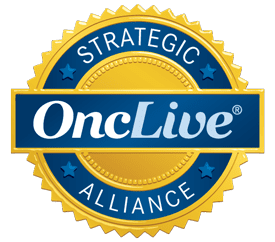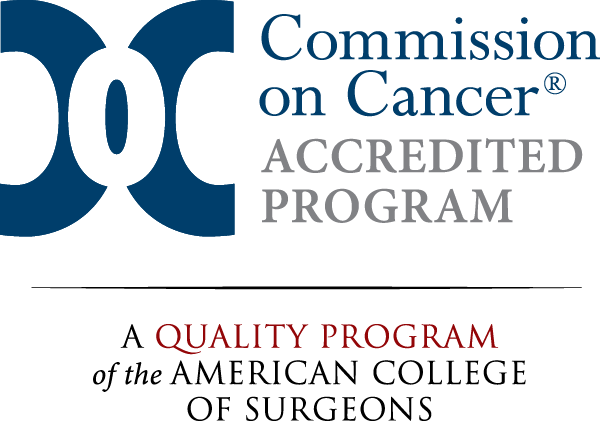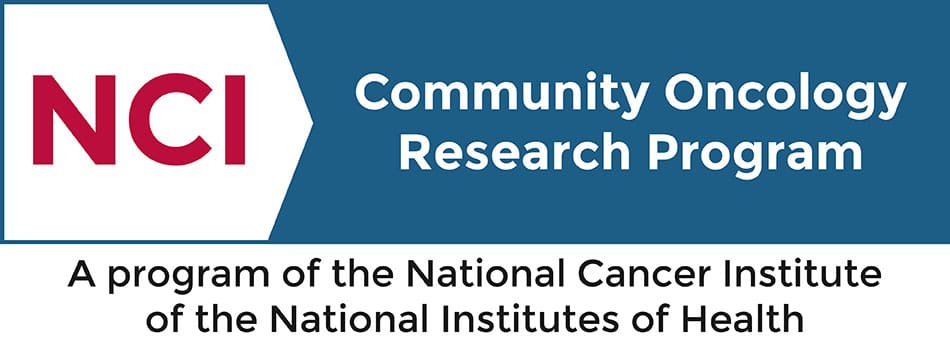When pancreatic cancer is detected at an early stage, survival rates are significantly higher. That’s why early diagnosis of pancreatic cancer is so important.
Though there are no screening tests on the market yet to help diagnose pancreatic cancer in its early stages, numerous programs and research projects are underway around the world to help with early detection.
- About one in 100 people who have new-onset diabetes are diagnosed with pancreatic cancer within three years of their diabetes diagnosis. Because new-onset diabetes is a known risk factor for developing pancreatic cancer, the National Cancer Institute (NCI) is funding a New Onset Diabetes (NOD) Study in an effort to bring a much-needed pancreatic cancer diagnostic tool to market. Researchers with the NOD Study, which is scheduled to run through 2025, are hoping to develop a blood test that will identify those with new-onset diabetes who may need further testing for pancreatic cancer.
- Another precursor to pancreatic cancer is pancreatic cysts. Hospitals with multidisciplinary teams are developing programs like the Cyst Surveillance Program at Capital Health, where they follow up with patients who have pancreatic cysts on a regular basis. If a change to the cyst develops, they’re able to act on it quickly, rather than delaying diagnosis by referring the patient to see a specialist elsewhere.
The NCI is also funding another research team working to create a blood test that can detect early pancreatic cancer in the general population. Researchers are also trying to improve imaging of the pancreas, hoping that better imaging will pick up tiny deposits of tumor cells.
- In its very early stages, pancreatic cancer can be so subtle that it’s missed on scans 30% of the time, meaning around half of all cases aren’t caught until later stages. Researchers at Johns Hopkins School of Medicine are turning to artificial intelligence to teach the computer to read CT scans to detect tumors at earlier stages so they can be surgically removed. Researchers have screened thousands of pancreatic cancer patients using this technology and report AI has been able to detect tumors more than 90% of the time.
- Body fluids like blood and urine contain bits of DNA from tumor cells. A simple blood or urine test may one day be used to screen for pancreatic cancer in its earliest stages, something that’s already being done for other types of cancer. Research teams are developing methods of blood-based DNA analysis to detect pancreatic cancer; researchers conducting clinical trials in the U.K. and Finland are studying urine analysis to detect pancreatic cancer this way as well.
Treatment options available
Every pancreatic patient is different, and no one treatment works for every type of cancer. A multidisciplinary team of oncologists works together to decide which pancreatic cancer treatment option or options will work best for the person. There are several pancreatic cancer treatment options:
- Surgery: For some patients, it may be possible to remove the cancer through surgical methods. The Robotic-Assisted Whipple procedure involves removal of the head of the pancreas, and sometimes the removal of the body of the pancreas, along with parts of nearby organs, lymph nodes and stomach. Though it’s a complex and technically demanding procedure, it’s one being more commonly performed at medical centers like Capital Health – Hopewell, New Jersey.
- Chemotherapy: Most people with pancreatic cancer receive chemotherapy, which uses drugs to kill cancer cells. If the disease is in its early stages, chemotherapy is usually given after surgery; in some cases, it’s given before surgery. For advanced cancer, chemotherapy is used alone, with targeted therapy or with radiation therapy.
- Targeted therapy: For patients who can’t have surgery, they may receive chemotherapy along with targeted therapy, an oral drug that slows the growth of pancreatic cancer and helps prevent cancer cells from spreading.
- Radiation therapy: This form of therapy can be given with other cancer treatments like chemotherapy and uses high-energy rays to kill cancer cells.
- Precision Medicine: One emerging approach is precision medicine, which looks at the variables in each person, like genes, lifestyle and environment. Doctors use this information to determine which treatment strategies for a particular disease might work for certain groups of people.
An example of precision medicine is Lynparza, a drug approved in early 2020 by the Food and Drug Administration (FDA). It’s for people with stage IV pancreatic cancer who have inherited BRCA mutations and whose tumors didn’t progress after treatment with a first-line platinum-based chemotherapy. It’s the first maintenance therapy approved by the FDA for use in pancreatic cancer, and the first drug approved for pancreatic cancer patients in more than four years.
Another promising potential treatment deals with a more targeted delivery of chemotherapy. This Phase III clinical trial is focusing on pancreatic cancer patients whose tumors can’t be removed by surgery. The trial is a randomized study of RenovoRx’s Trans-Arterial Micro-Perfusion (RenovoTAMP), which delivers chemotherapy directly into the pancreas via arteries closest to the tumor. The trial’s goal is to extend meridian survival and improve patients’ quality of life.
Prognosis and Support
A patient’s prognosis depends on the stage of diagnosis. When the cancer is caught at a very early stage, it can be a curable disease. Up to 10% of patients who are diagnosed early with pancreatic cancer are disease-free after treatment. This falls to 6.5% surviving for five years or more.
Survival rates are only estimates based on outcomes of previous people with different types of cancer. Survival rates don’t predict what the outcome will be for each individual patient.
Receiving a pancreatic cancer diagnosis can be overwhelming emotionally. Whether you’ve received the diagnosis yourself or it’s someone close to you, it can be difficult to understand the information and know what to do next.
Consider seeking out a cancer support community in your area. These communities are available to help you at every step of your cancer journey, and can be found online, in person or over the phone. Here are just a few:
- The National Pancreas Foundation
- Hirshberg Foundation for Pancreatic Cancer Research
- The Pancreatic Cancer Action Network, or PanCAN
- The Rolfe Pancreatic Cancer Foundation
Choosing a cancer treatment center
So many factors go into selecting the best cancer treatment center to care for you or someone you love. When considering an oncologist and a cancer treatment center, consider asking questions such as:
- How many people with pancreatic cancer do you see every year?
- How many cases are people with a diagnosis like mine?
- Do you have a multidisciplinary team you work with? If so, who are they? And what role does this team play in a patient’s care?
- If surgery is an option, do you have surgeons on staff who perform Whipple procedures? If so, how many have they performed?
- Are you comfortable with me seeking a second opinion? If so, what oncologists in this area would you recommend?
- What clinical trials may be available to me?
- What sets your hospital apart from others that treat pancreatic cancer patients?
We can help you find answers.
If you or someone you care about has been diagnosed with pancreatic cancer, trust the team at Capital Health Cancer Center, recognized as a National Pancreas Foundation Center for treating pancreatic cancer in 2021.



